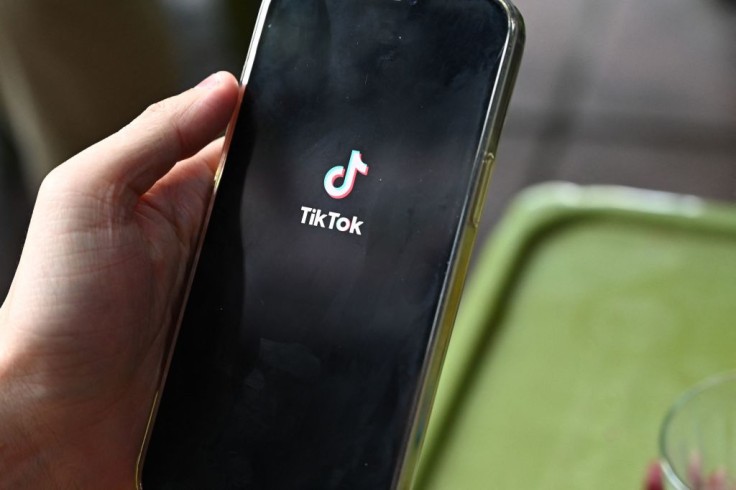
Florida's bill to ban kids under 16 from social media has already been passed by the House of Representatives on Wednesday, January 24.
This bill would mean that children and minors in Florida under the age of 16 will not be permitted to join social media platforms despite the approval and consent of their parents.
The bill did not particularly state which apps would be prohibited. However, it was stated that it covers social media sites that track user activity and have addictive features designed to cause excessive or compulsive use.
It was also added that apps that allow children to upload and interact with content will also be affected by this social media ban. Although it was clarified that messaging apps will not be included in this proposal.
This initiative is in line to combat the negative effects of social media on children and teens these days, like depression, cyberbullying, addictive tendencies, and exposure to self-inflicted or destructive behaviors.
Florida Proposes a Bill To Ban Kids Under 16 From Social Media Apps
The approved bill, passed by a decisive 106-13 vote, refrains from specifying particular platforms but aims at any social media site fostering addictive features that may contribute to excessive or compulsive use.
The bill's sponsor, Republican Representative Tyler Sirois, underscores the exploitation of children by social media platforms for profit.
The objective is to curtail elements like autoplay and push notifications, which have been linked to cyberbullying, depression, and addictive behaviors among young users.
Advocates support the bill, arguing that this legislation addresses the increasing problems social media is bringing to youth and plays an important role in the online safety of minors.
This hopes to alleviate the mental health problems of children and teens that they get exposed to while using the platforms.
It is also believed that this is one way to protect young minds from platforms designed to elicit dopamine hits through features like likes and autoplay, potentially impacting children's mental health.
Meta Opposes Total Ban, Advocates for Parental Approval
However, Meta, the parent company of Facebook and Instagram, staunchly opposes the bill. Meta representative Caulder Harvill-Childs contends that rather than a complete ban, a more nuanced approach is necessary.
The company proposes implementing measures such as requiring parental approval for app downloads and addressing the issue at a federal level, ensuring a uniform standard rather than a patchwork of state laws.
Meta argues that many teenagers responsibly leverage the internet and apps for education, part-time jobs, and other opportunities.
Imposing a blanket ban on teens under 16, according to Meta, risks putting Florida's youth at a disadvantage compared to their counterparts in other states.
Constitutional Concerns and Opposition
While there are numerous states across the country dealing with the same challenges, Florida's bill to ban kids under 16 from social media still faces strong opposition.
On the side of its constitutional grounds, some critics of the bill argue that this social media ban to minors might infringe upon First Amendment rights of young users and may inadvertently deprive them of the benefits derived from social media.
Democratic Representative Anna Eskamani shares her personal experience, highlighting the need for a more targeted approach. She expresses concerns about unintended consequences arising from the bill's broad scope.
Opponents of the bill stress the importance of parental discretion in deciding which sites their children can access, asserting that a one-size-fits-all approach may eliminate the positive aspects some children derive from social media platforms.
As the Florida House advances this groundbreaking bill, the delicate balance between ensuring online safety for minors and safeguarding individual rights remains at the forefront.
The controversy surrounding the proposed ban reflects the ongoing struggle to navigate the evolving landscape of digital communication, with stakeholders grappling to find a solution that adequately addresses concerns related to cyberbullying and online safety without infringing on constitutional rights.